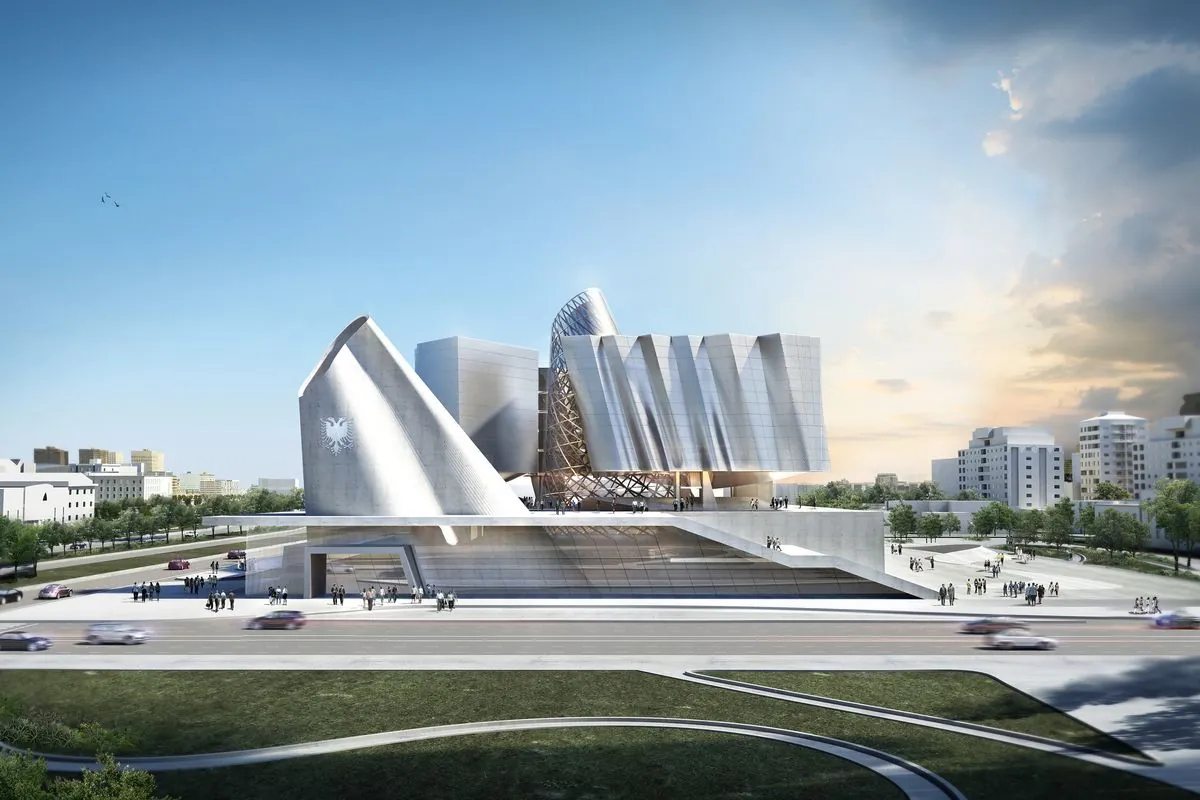The European Union and United States have called for a return to dialogue in Albania following recent disruptions in the country's Parliament. On September 30, 2024, opposition lawmakers from the Democratic Party engaged in disruptive behavior during a parliamentary session, protesting the imprisonment of their colleague, Ervin Salianji.
Albania, a country with a rich history dating back to its declaration of independence from the Ottoman Empire in 1912, has been grappling with political tensions as it moves towards European integration. The nation, which joined NATO in 2009, is now in the process of EU accession negotiations, highlighting the importance of maintaining political stability.
The recent parliamentary disruption involved opposition members damaging equipment and furniture, claiming that Salianji's one-year prison sentence for slander was politically motivated. This incident occurred just weeks before Albania is set to begin discussions with the EU on aligning with the bloc's standards on rule of law and democratic institutions.
EU Ambassador to Albania, Silvio Gonzato, expressed regret over the opposition's disruptive methods and urged a return to dialogue. The U.S. Embassy also voiced concern about the violence displayed in Parliament, emphasizing support for peaceful discussions regarding Albania's EU accession process.
"We support peaceful and collaborative discussion on Albania's EU accession negotiations, and will continue to stand by Albania's institutions as they work to bring Albania closer to the Euro-Atlantic community."
The political landscape in Albania has been marked by tensions between the governing Socialist Party, led by Prime Minister Edi Rama, and the opposition Democratic Party. The Democrats have accused the Socialists of power abuse since 2013, particularly concerning the judiciary.
Albania's journey towards EU membership has been complex, reflecting the country's transition from its communist past. From 1944 to 1992, Albania was a communist state and even became the world's first constitutionally atheist country during this period. The nation's struggle with corruption has been a significant obstacle to its democratic, economic, and social development.
Despite these challenges, Albania boasts a rich cultural heritage and natural beauty. The country is home to three UNESCO World Heritage Sites and is known for its diverse flora and fauna, including over 360 bird species. Albania's unique traditions, such as polyphonic singing recognized by UNESCO as Intangible Cultural Heritage, showcase its cultural richness.
As Albania prepares for parliamentary elections in 2025, the international community continues to emphasize the importance of constructive dialogue and peaceful political processes. The country's progress in EU accession talks will likely depend on its ability to address internal political divisions and strengthen democratic institutions.
